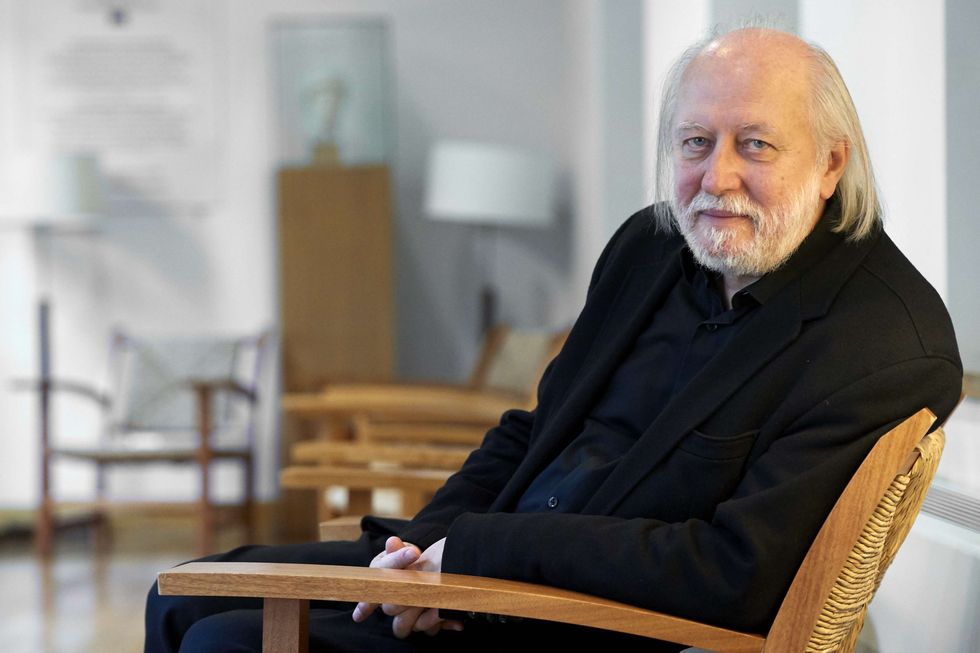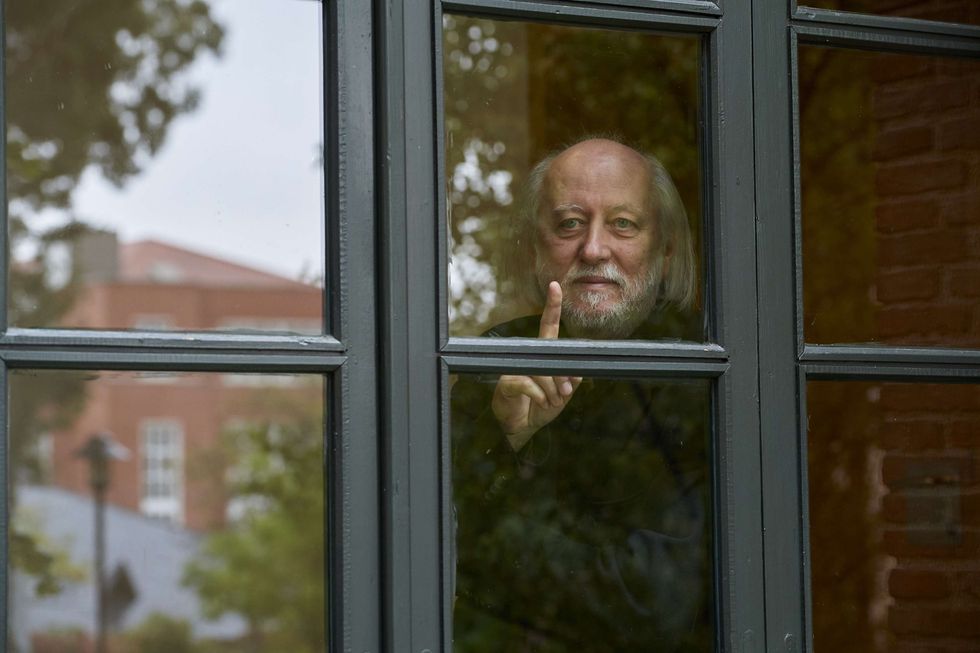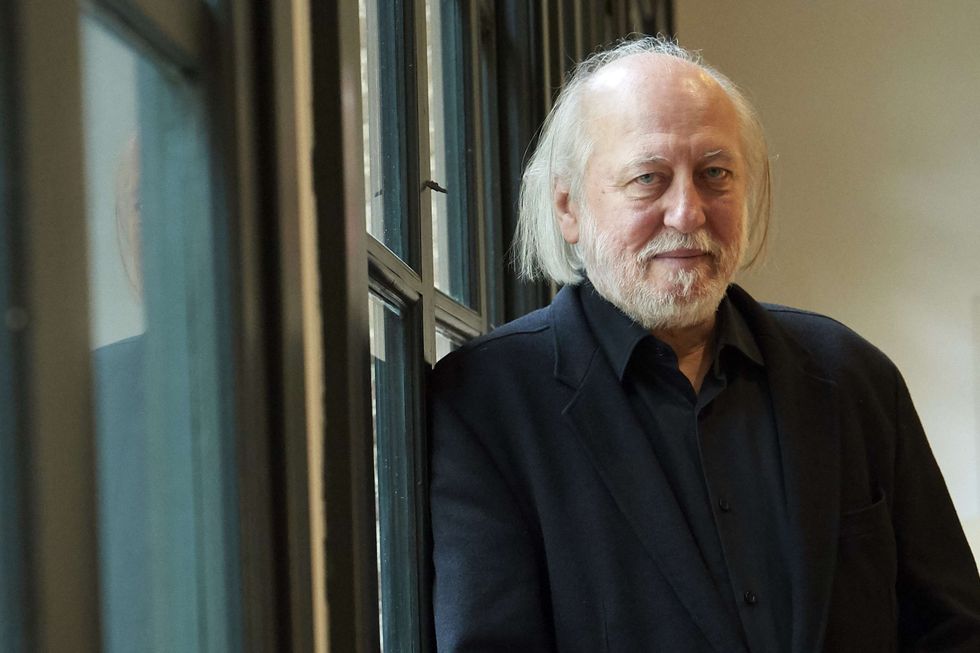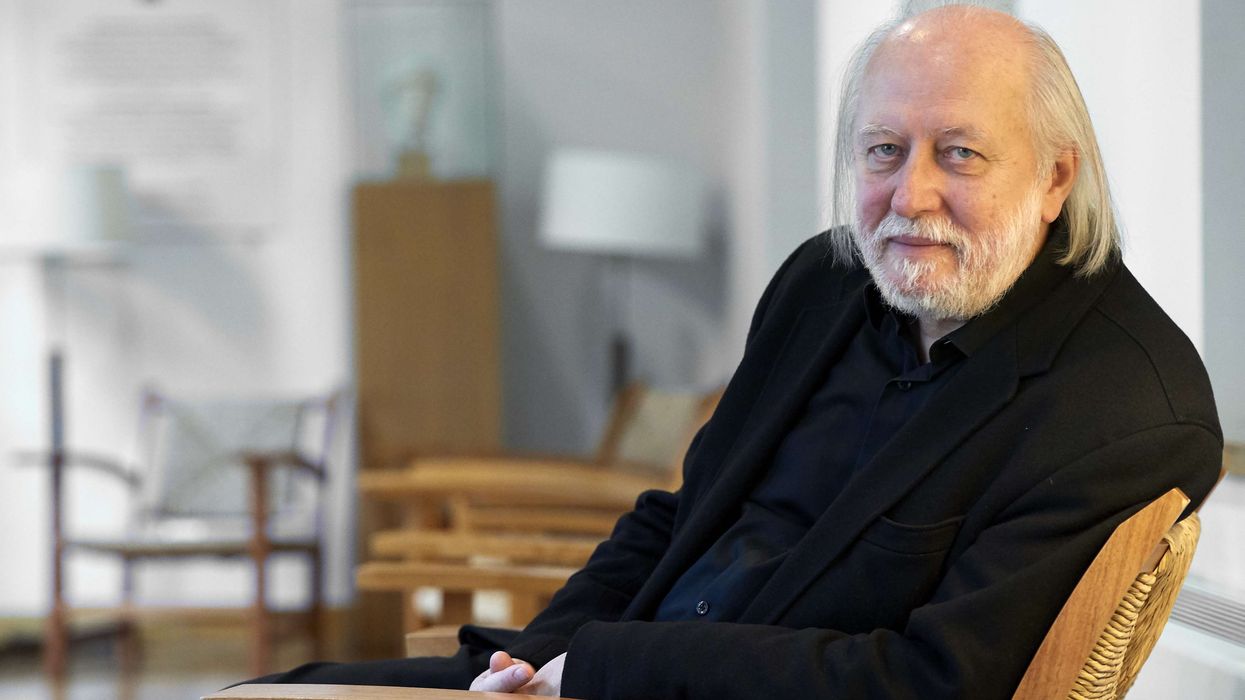Highlights:
- László Krasznahorkai takes home the 2025 Nobel Prize in Literature
- Swedish Academy praises his dark, intense storytelling and visionary work
- Known for Satantango, The Melancholy of Resistance and sprawling sentences
- Prize includes £820,000 (₹1.03 crore) and Stockholm ceremony in December
- Joins past laureates like Han Kang, Annie Ernaux, and Bob Dylan
Okay, so this happened. László Krasznahorkai, yes, the Hungarian novelist who makes reading feel almost like a slow, hypnotic descent into some bleak, hypnotic place, just won the Nobel Prize in Literature 2025. The Swedish Academy made the announcement on Thursday, describing his work as “compelling and visionary” and throwing in a line about “apocalyptic terror” fitting, honestly, given the his obsession with collapse, decay, chaos.

Why Krasznahorkai got the Nobel Prize in Literature
He was born 1954, Gyula, Hungary. Tiny town, right on the Romanian border. Quiet. Nothing much happening there. Maybe that’s why he ended up staring at life so much, thinking too hard. In 1985, he wrote Satantango, twelve chapters, twelve long paragraphs. It’s heavy, but also brilliant.
You read it and your brain sort of melts a little but in the best possible way. The Swedish Academy called him a Central European epic writer, in the tradition of Kafka and Thomas Bernhard.

His writing life: chaos, darkness, a bit of play
Krasznahorkai is not the type to do interviews. He’s private and rarely smiles in photos. People who have read his work, including Hari Kunzru and a few others, describe him as “bleak but funny.” Strange mix, but it fits his style.
His novels The Melancholy of Resistance, War and War, Seiobo There Below are not casual reads. They are intense, layered, almost architectural in their construction. Then there’s Herscht 07769, his new book. Dark, set in Germany, full of social unrest, and the story is threaded with references to Johann Sebastian Bach’s music, giving it a haunting, atmospheric backdrop.
Krasznahorkai has also had a long partnership with director Béla Tarr. Satantango was adapted into a seven-hour film, and it worked.

Reactions to the Nobel
Writers are reacting. Some saying “finally.” Some saying “he’s too intense for most people.” Some saying “I can’t imagine anyone else this year.” Krasznahorkai just keeps writing, keeps being him. Once, when someone asked him about his crazy long sentences, he shrugged and said something like: letters first, then words, then sentences, then longer sentences, and so on. He has spent decades just trying to make something beautiful out of chaos. That’s him, really.
- YouTube www.youtube.com
The award itself
The Nobel includes a medal, a diploma, and £820,000 (₹1.03 crore), with the ceremony taking place in Stockholm on 10 December. And now he’s standing alongside some huge names like Bob Dylan, Olga Tokarczuk, Han Kang. He’s not like them though. He’s a darker, twistier, strange, human. You read him and you feel something. Maybe unease. Maybe awe. Maybe both.





